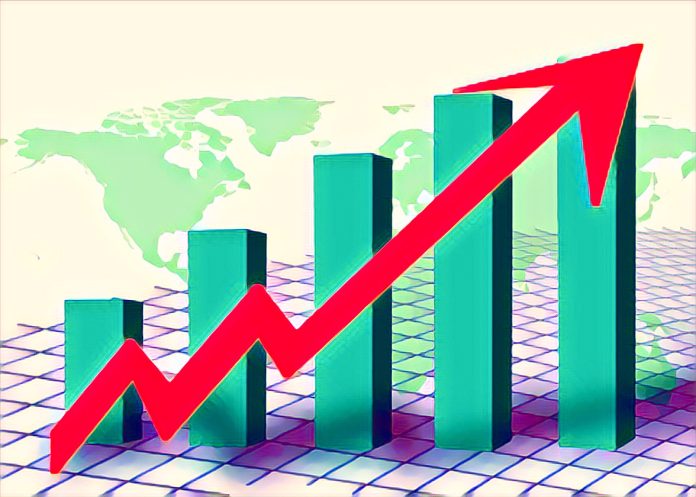KEY POINTS
- Nigeria’s inflation accelerates to 24.23% in March, with food prices rising 21.79% year-on-year amid supply chain disruptions
- Urban inflation outpaces rural at 26.12% versus 20.89%, while core inflation hits 24.43% signaling broad-based price pressures
- Policy makers face tough choices as currency instability and fuel costs threaten to erase temporary gains from statistical rebasing
Nigeria’s inflation crisis deepened in March 2025 as the National Bureau of Statistics (NBS) reported headline inflation climbing to 24.23%, up from 23.18% in February.
According to Nairametrics, the latest figures reveal mounting pressures on household budgets, with food prices remaining the primary driver of the cost-of-living crisis gripping Africa’s largest economy.
“In March 2025, the rate of increase in the average price level was significantly higher than February’s increase,” the NBS report stated, noting a month-on-month inflation jump to 3.90% from 2.04%. The data exposes stark disparities between urban and rural experiences, with city dwellers facing 26.12% year-on-year inflation compared to 20.89% in rural areas.
Food basket under siege
The food inflation index rose to 21.79% year-on-year, with startling price surges recorded for staples like fresh ginger (87%), yellow garri (63%), and ofada rice (58%). “We’re seeing unprecedented increases in perishables like unshelled periwinkles and fresh peppers due to supply chain disruptions,” noted commodities analyst Amina Yusuf.
The situation compounds existing challenges from farmer-herder conflicts that have displaced over 2.2 million Nigerians from agricultural communities.
While the naira showed temporary stability in early March, its late-month depreciation and fluctuating petrol prices have created new inflationary pressures. Core inflation – excluding volatile food and energy costs – climbed to 24.43%, suggesting underlying economic instability beyond seasonal food shortages.
Financial experts are divided on the Central Bank’s next move. “Rebasing effects are providing temporary relief, but we can’t ignore the transport cost surges from fuel price adjustments,” warned Norrenberger’s Samuel Oyekanmi. The inflation surge coincides with a third consecutive monthly decline in federal allocations to states, squeezing subnational governments’ ability to implement palliative measures.



